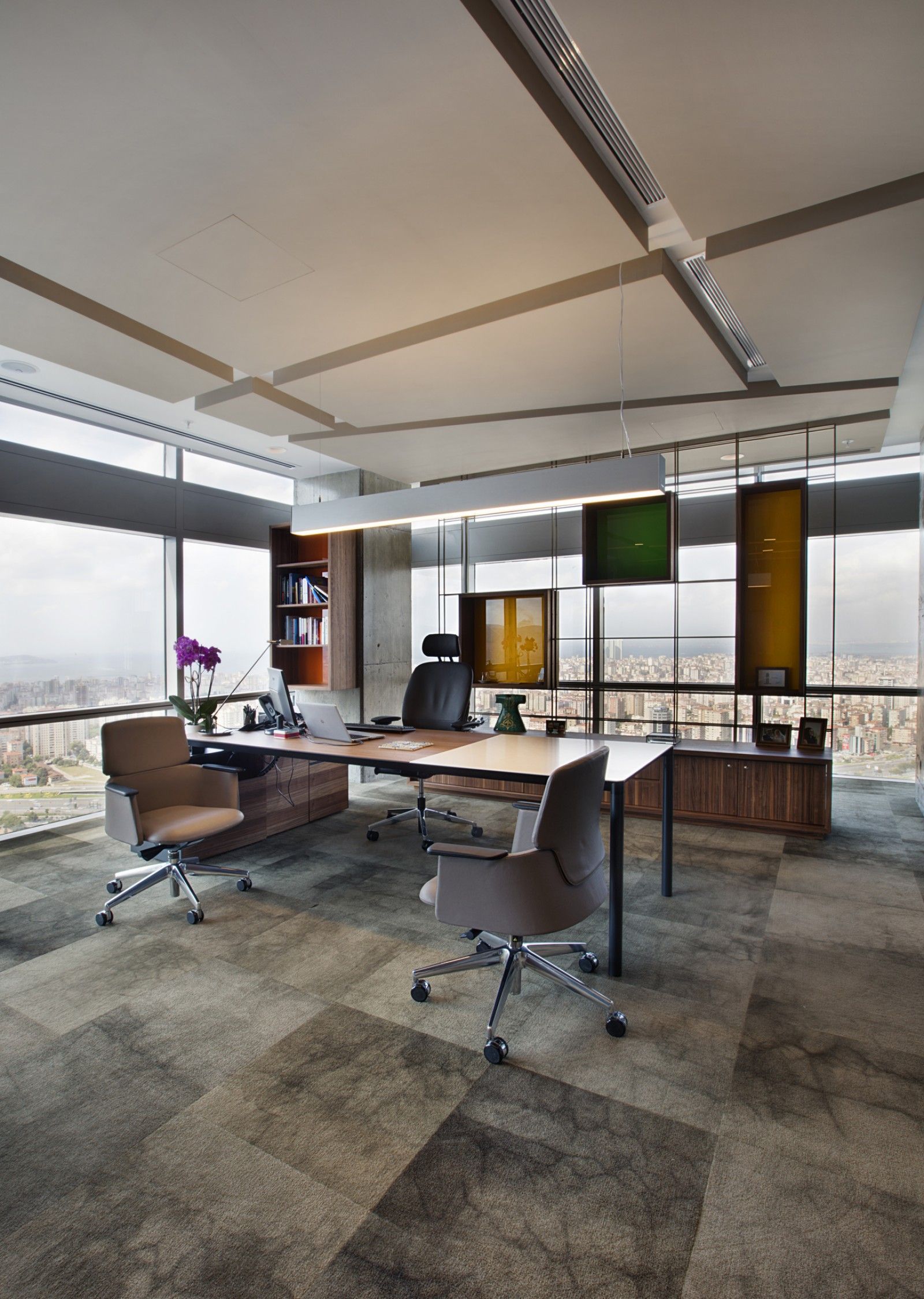Light For Home Office

Introduction to Home Office Lighting

When it comes to creating a productive and comfortable home office, lighting plays a crucial role. It is essential to have the right type and amount of light to avoid eye strain and maintain focus. In this article, we will explore the world of home office lighting, discussing the different types of light, their benefits, and how to choose the perfect lighting for your workspace.
Types of Light for Home Office

There are several types of light that can be used in a home office, each with its unique characteristics and benefits. Some of the most common types of light include: * Natural Light: This is the most desirable type of light, as it is free and provides a natural and healthy glow. Placing your home office near a window can help you take advantage of natural light. * Overhead Lighting: This type of lighting provides overall illumination and can be achieved using ceiling fixtures, such as LED panels or fluorescent lights. * Task Lighting: This type of lighting is designed to focus on a specific area, such as a desk or reading area. Table lamps and desk lamps are examples of task lighting. * Ambient Lighting: This type of lighting provides a soft, gentle glow and can be achieved using floor lamps or string lights.
Benefits of Proper Lighting

Proper lighting in a home office can have numerous benefits, including: * Improved Productivity: Good lighting can help you stay focused and alert, leading to increased productivity. * Reduced Eye Strain: Proper lighting can help reduce eye strain and discomfort, which can be caused by poor lighting. * Enhanced Mood: Natural light and proper lighting can help improve your mood and reduce stress. * Better Health: Exposure to natural light can help regulate your circadian rhythms and improve overall health.
Choosing the Right Lighting

When choosing the right lighting for your home office, there are several factors to consider, including: * Room Size: The size of your room will determine the amount of light you need. * Task Requirements: Different tasks require different types of light. For example, if you need to read or write, you may require a brighter light. * Personal Preference: Your personal preference for light color and intensity should also be considered. * Ergonomics: The placement of your lighting should be ergonomic, avoiding glare and reflections.
Lighting Options for Home Office

There are many lighting options available for home offices, including: * LED Lights: Energy-efficient and long-lasting, LED lights are a popular choice for home offices. * Halogen Lights: Bright and energy-efficient, halogen lights are another popular option. * Fluorescent Lights: Affordable and energy-efficient, fluorescent lights are a good option for overhead lighting. * Smart Lights: Smart lights can be controlled remotely and adjusted to different colors and intensities.
| Type of Light | Benefits | Drawbacks |
|---|---|---|
| LED Lights | Energy-efficient, long-lasting | Expensive upfront |
| Halogen Lights | Bright, energy-efficient | Short lifespan |
| Fluorescent Lights | Affordable, energy-efficient | Contains toxic materials |
| Smart Lights | Adjustable, energy-efficient | Expensive, requires internet connection |

💡 Note: When choosing lighting for your home office, consider the color temperature of the light. Warm white light (2700K-3000K) is best for relaxing and reading, while cool white light (3500K-5000K) is best for tasks that require focus and concentration.
In summary, lighting is a crucial aspect of creating a productive and comfortable home office. By understanding the different types of light, their benefits, and how to choose the right lighting, you can create a workspace that is tailored to your needs. Whether you prefer natural light, overhead lighting, task lighting, or ambient lighting, there are many options available to suit your style and preferences.
What is the best type of light for a home office?

+
The best type of light for a home office depends on the specific needs of the space. Natural light is always the best option, but if that’s not possible, LED lights or halogen lights are good alternatives.
How can I reduce eye strain from computer screens?

+
To reduce eye strain from computer screens, follow the 20-20-20 rule: every 20 minutes, look away from the screen and focus on something 20 feet away for 20 seconds. You can also adjust the brightness and contrast of your screen to a comfortable level.
Can I use smart lights in my home office?

+
Yes, smart lights can be a great option for a home office. They can be controlled remotely and adjusted to different colors and intensities, which can help improve productivity and mood.
